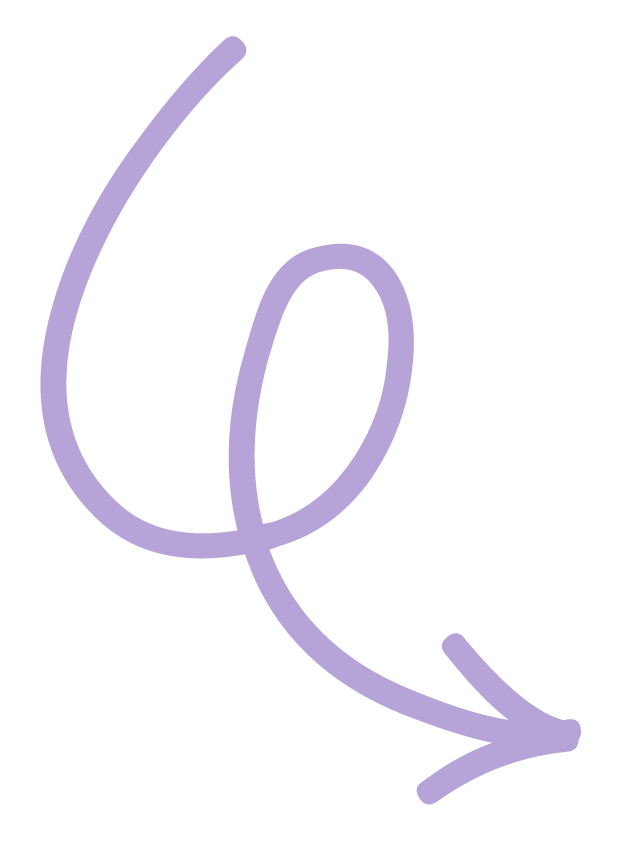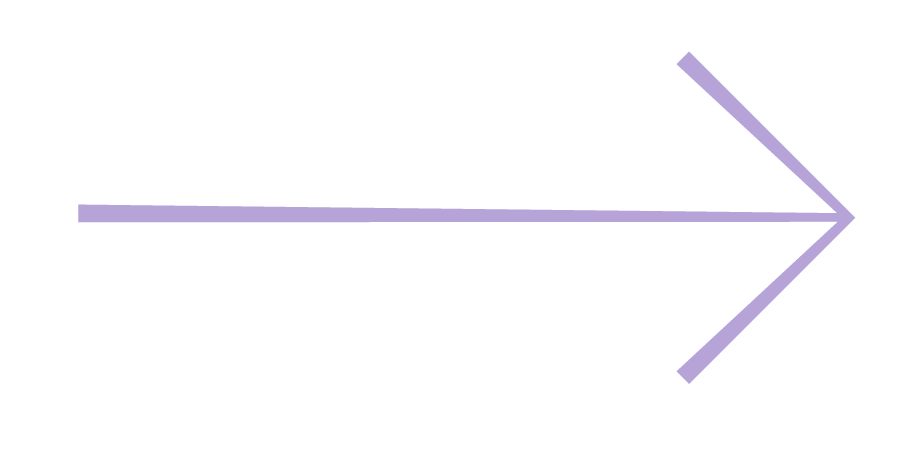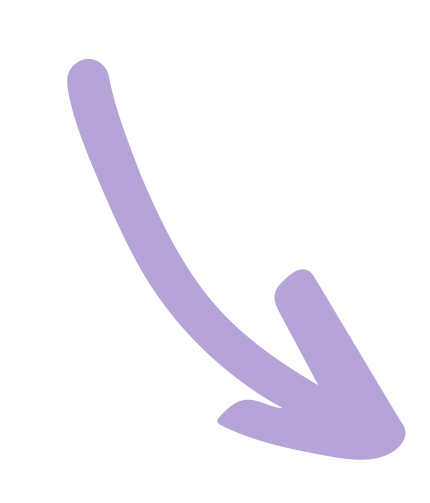BE PART OF A GLOBAL NETWORK OF FUTURE THINKERS
Overview
This explicitly interdisciplinary certificate offers students and experienced professionals the opportunity to deepen their understanding of futures thinking and foresight practice to positively impact a highly volatile and complex change landscape recently referred to as “post-normal times.”
Given rapid and exponential acceleration that is occurring across both public and private sectors, a new mindset and new skills are needed to navigate this complexity and build success pathways to desired futures. Increasing “readiness for the future” has become an urgent call to action across disciplines and professional spheres of influence. This 18-credit learning experience includes focus on technological change, climate change, geo-political shifts and such topics as the future of work, food, learning and more. Foresight is an emerging interdisciplinary social science comprised of psychology, sociology, anthropology, social work, the arts, political science, business, technological studies, urban studies, public administration, engineering and technology sciences, economics, and other geo-political focal areas (to name a few). Futures thinking and foresight practice reflect a collection of applied skills and tools related to a specific type of anticipatory thinking, applied ethics in a futures context and related change management/navigation skills. It is also about increasing proficiency in building collective intelligence, imagination, agency and agility in individuals, groups, organizations and civic collectives with regard to self-determination and democratically anchored futures planning. Interdisciplinary elective coursework will allow students to personalize from among a list of future forward courses that best meet their professional goals and their intended future focus.
The certificate will include a deep exploration of settings and methods where foresight is currently being practiced in both the public and private sectors, a review of foresight research and methods and profiles of futurists who lead these processes. With a special focus on leading efforts to build foresightfulness within communities and/or organizations through trend mapping, power analysis, goal setting in a “VUCA” practice environment (volatility, uncertainty, complexity and ambiguity), students will learn the fundamentals of engaging individuals, groups and organizations in a positive experience of navigating futures conceptualization and planning. Issues of equity and strategies to democratize co-creation of shared futures, acknowledge/address bias, racism and patterns of historical inequality will be prioritized. A concluding integration course will provide a culminating experience to engage in shared learning and cross-disciplinary review of foresight projects, as well as creation of a professional foresight portfolio useful to those seeking to enhance their career readiness in this area.
All core courses will include students from a variety of disciplines in a intentional effort to create transdiciplinary enrichment and synergy. Artists, activists, entrepreneurs and civil servants, scientists (both social and hard sciences), technical and humanities voices and more are all welcomed, encouraged and needed to participate in futures thinking and practice.
Objectives
Offer explicit theory and skill development in futures thinking/foresight practice specific contemporary and future-oriented challenges in the real world.
Develop creativity, agency, agility, ethics, applied equity skills and identity for students as effective and dedicated stewards of the future in whatever field of practice they are dedicated to.
Without intending to predict the future, ensure that each student is able to navigate uncertainty, turbulence and rapidly changing professional and community ecosystems and guide meaningful and productive group processes to help others do the same
Student Outcomes
Students will be able to describe history and development of the field of foresight and locate themselves on the family tree of theories, discourses and methodologies of the practice.
Students will fashion a network of influences, aspirational peers and organizations as part of their burgeoning foresight practice.
Students will be able to conceptualize and implement theory, ethics and equity-informed foresight inquiry and planning with community partners and deliver high quality foresight services.
Students will be able to capably use foresight tools and methods.
Students will be able to articulate a professional statement of practice specific to his/her/their emerging foresight philosophy and practice framework.
Students will be able to weave together interdisciplinary scholarship and influences in their foresight practice.
Student will be able to construct and/or access tools and them to evaluate their practice and determine how to engage in continuous improvement to grow as foresight professionals.



